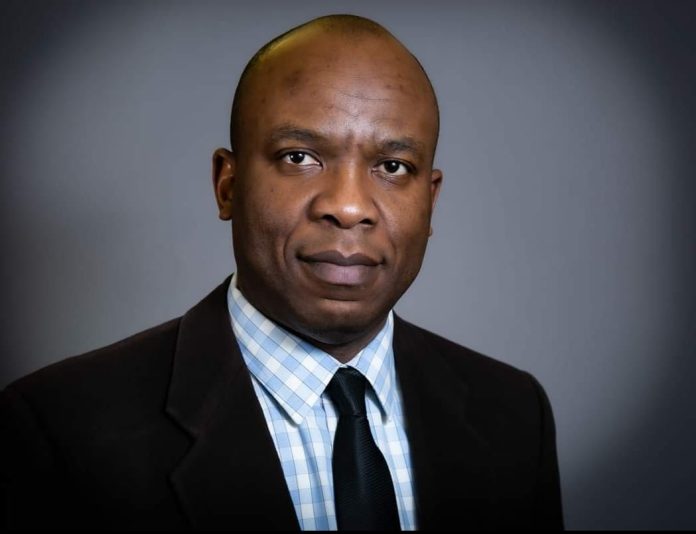The recent decision by President Bola Ahmed Tinubu’s administration to raise fuel prices isn’t just another policy tweak—it’s a risky move that could push an already struggling nation further toward chaos. With inflation soaring and jobs dwindling, this fuel price increase may fuel insecurity and speed up brain drain, leaving Nigeria in an even more fragile state.
**A Recipe for Rising Insecurity**
When fuel prices go up, everything else does too. Transportation costs rise, goods become more expensive, and already-struggling families face even tougher times. With over 63% of Nigerians living below the poverty line, this hike feels like adding fuel to the fire. We’ve seen it before—when economic hardship worsens, unrest follows.
Remember the #EndSARS protests in 2020? While they were sparked by police brutality, they were also fueled by frustration over economic hardship. The International Crisis Group recently warned that worsening economic conditions could trigger more violence, especially in regions already grappling with security challenges. If the Tinubu administration keeps ignoring the economic struggles of everyday Nigerians, unrest is bound to return, risking further instability.
The Brain Drain Dilemma
As living costs rise, more skilled Nigerians will seek greener pastures abroad. Doctors, engineers, and other professionals are already lining up to leave, with countries like Canada and the UK actively recruiting them. The World Bank reports that over 1.5 million Nigerians have left in the past decade, and this trend is only speeding up. In fact, nearly half of Nigerian doctors have considered emigrating due to low salaries and poor working conditions. This exodus of talent weakens Nigeria’s growth prospects and stunts innovation at a time when the country needs it most.
Why This Fuel Hike is Misguided
The government might argue that the fuel price hike is necessary to stabilize the economy, but the immediate fallout could be disastrous. Just last year, Ghana experienced similar price increases, leading to widespread protests and forcing the government to backtrack. Nigeria cannot afford to make the same mistake.
What Needs to Happen Next
1. **Direct Support for the Vulnerable**: Instead of blanket price hikes, the government should offer targeted financial aid to low-income families. Brazil’s *Bolsa Família* program has shown how direct cash transfers can help people cope with rising costs without causing unrest.
2. **Invest in Renewable Energy**: Nigeria has abundant solar and wind potential. By boosting investment in renewables, the government can reduce reliance on imported fuels, lower energy costs, and create jobs—just like India has done with solar energy.
3. **Upgrade Public Transport**: Better public transport can ease the blow of fuel hikes. Lagos has made some progress with mass transit, but more needs to be done. Affordable and reliable public transport can lessen the impact on everyday Nigerians.
4. **Open Dialogue**: The government must engage with labor unions and civil society groups. South Africa’s approach of regularly consulting with labor groups has helped balance wages with inflation, protecting the most vulnerable.
5. **Ensure Transparency**: Nigerians deserve to know where their money goes. Clear oversight of revenue from fuel sales can rebuild public trust and show that the government truly cares about the welfare of its citizens.
The decision to increase fuel prices amid economic hardship is a dangerous miscalculation by the Tinubu government. If left unchanged, it could escalate insecurity and speed up the departure of Nigeria’s brightest minds, jeopardizing the country’s future. The government must act compassionately and prioritize the needs of its people to secure a more stable and prosperous Nigeria. Time is running out—action is urgently needed before the damage becomes irreversible.
..Abidemi Adebamiwa a political analyst writes from Pleasanton California
Share your story or advertise with us: Whatsapp: +2347068606071 Email: info@newspotng.com













